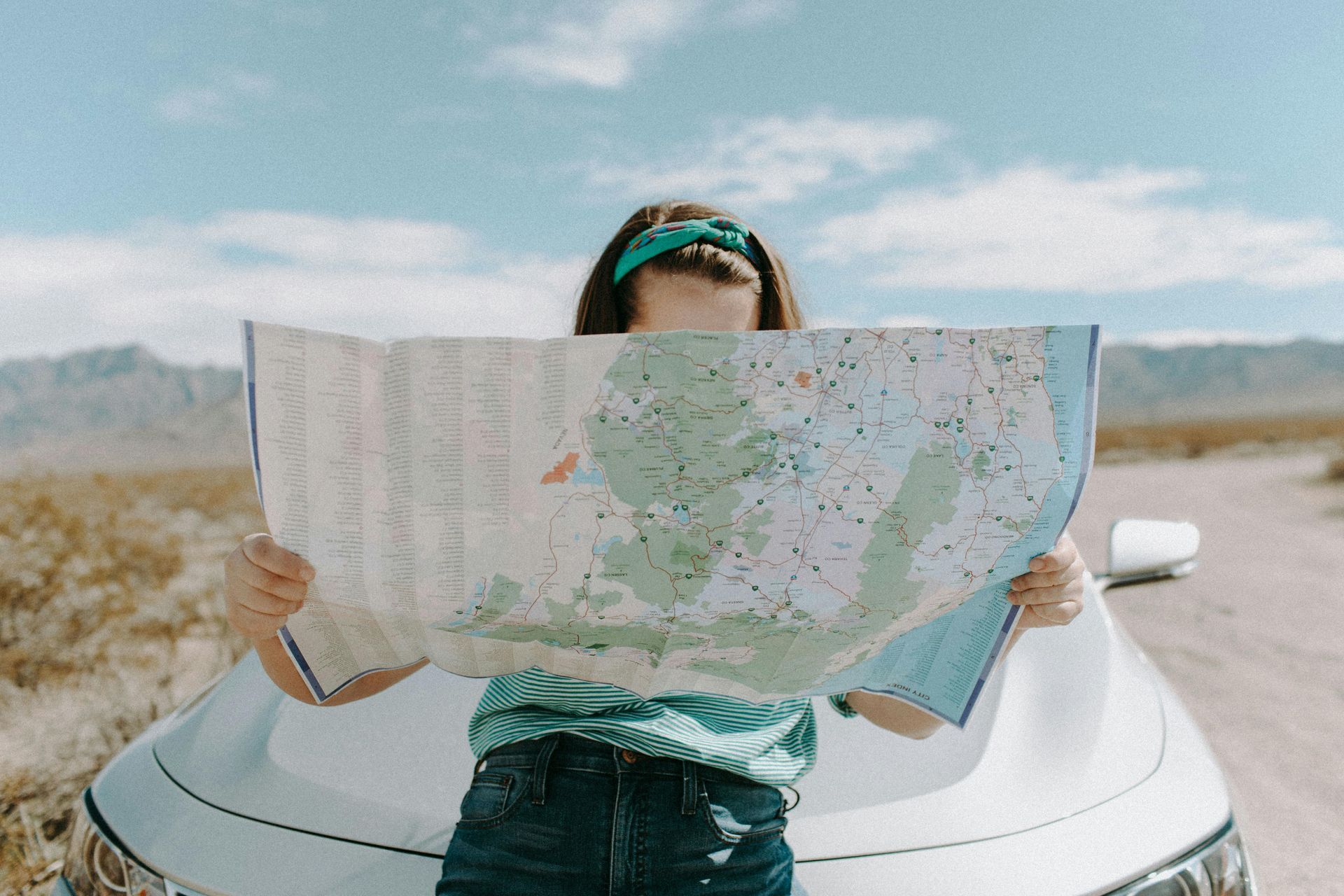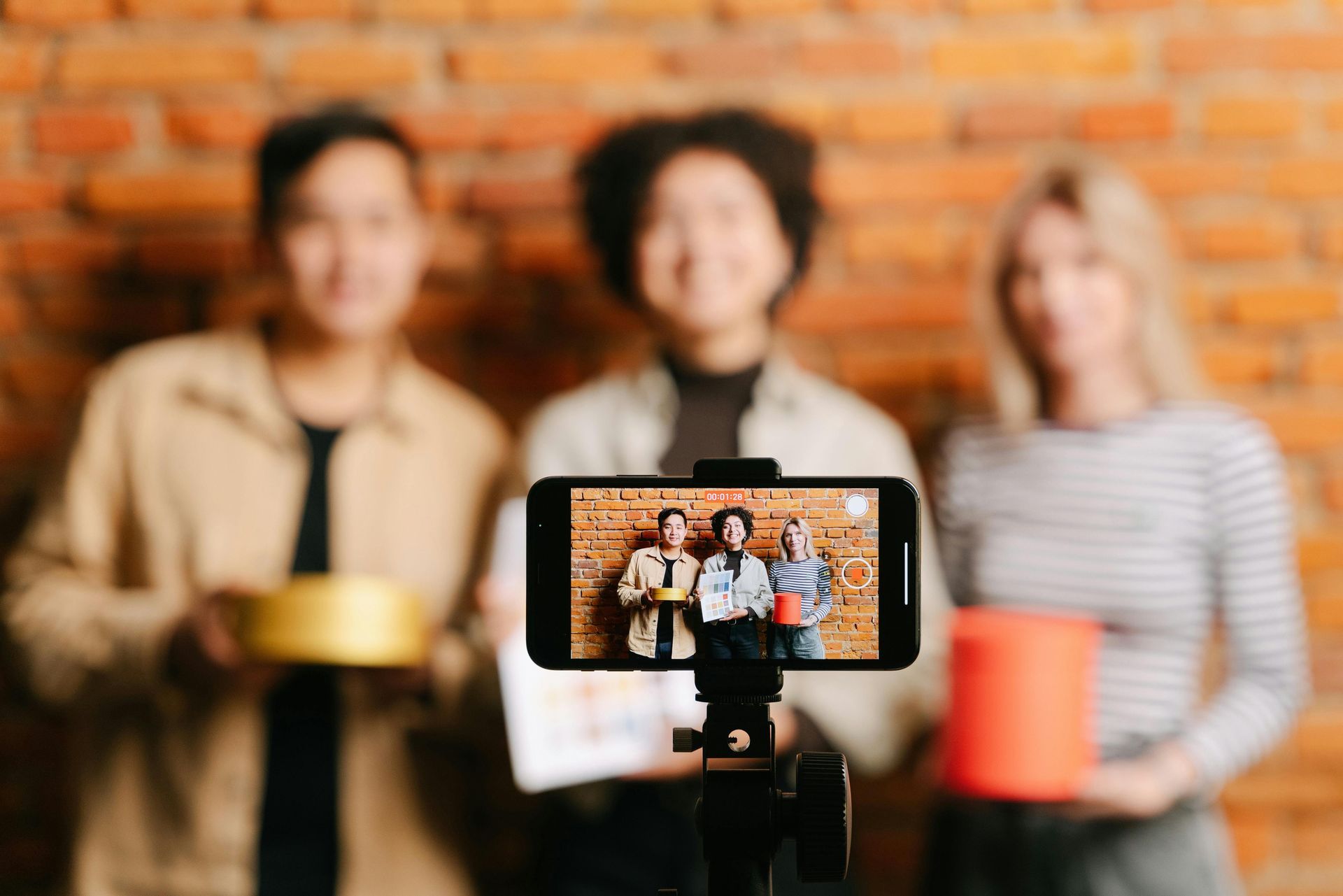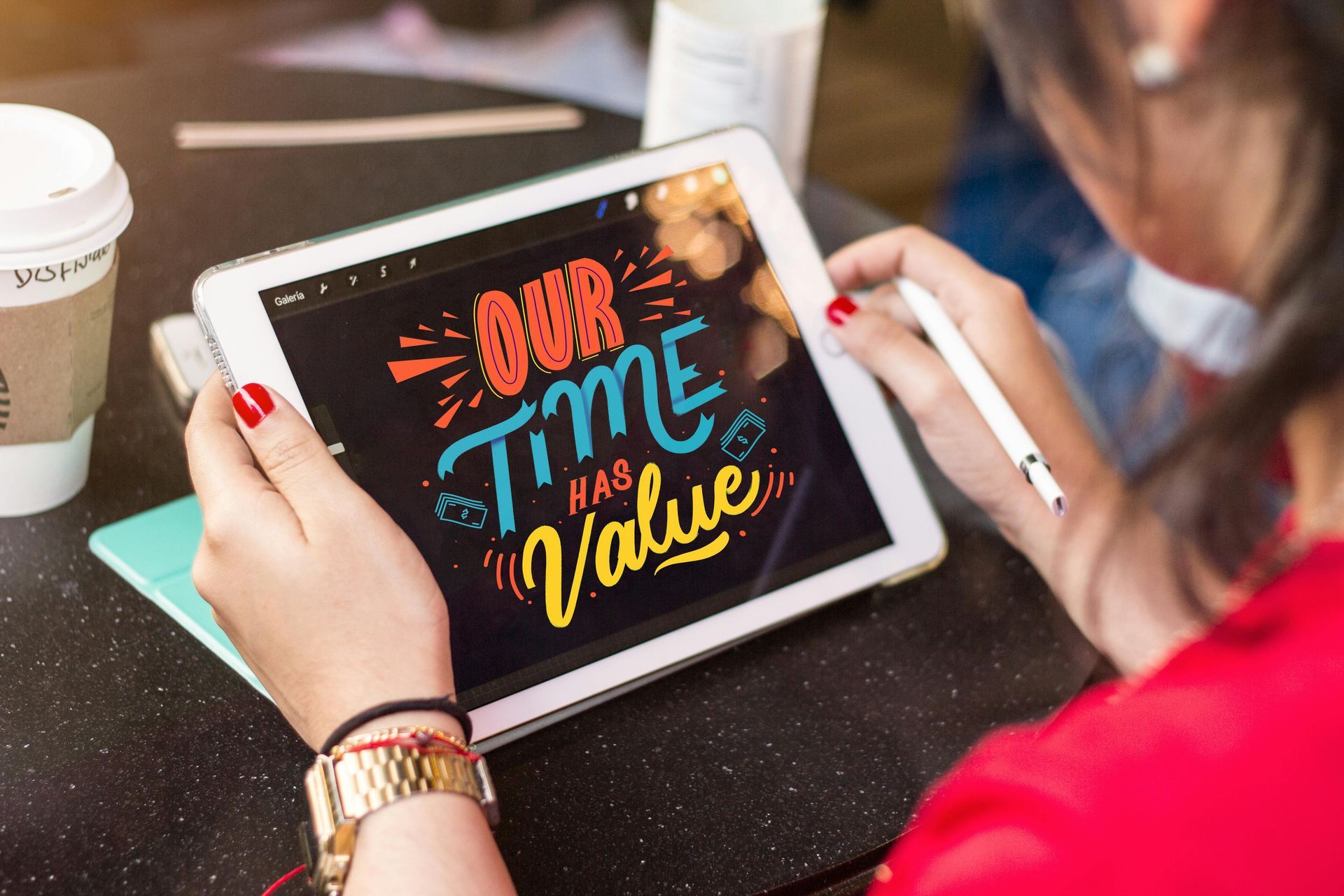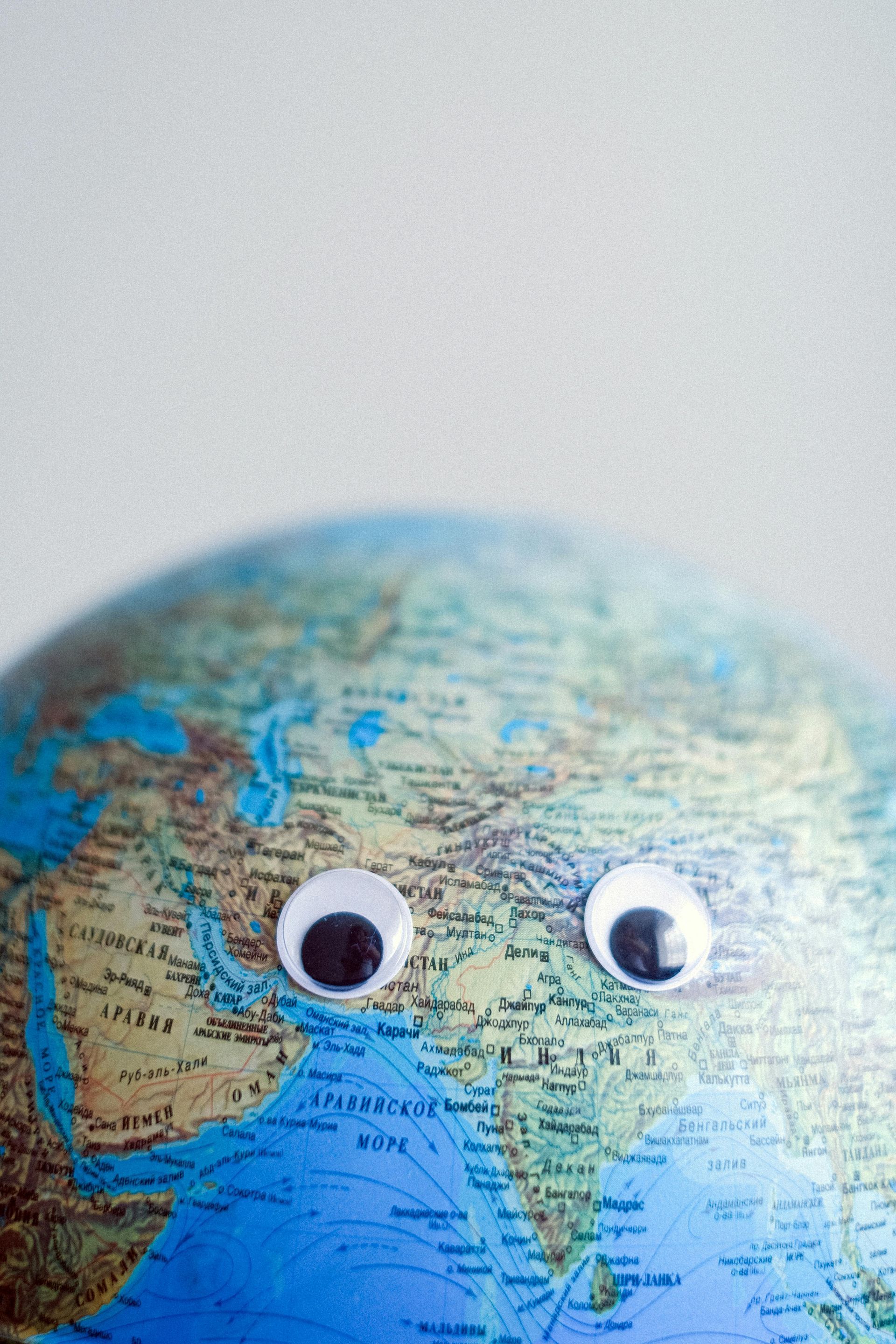The Role of Social Media in Building a B2B Travel Brand: A Key Element of Your Communications Strategy
Social media, often associated with consumer engagement, is a powerful tool for B2B travel brands looking to stand out, build authority, and foster industry relationships.
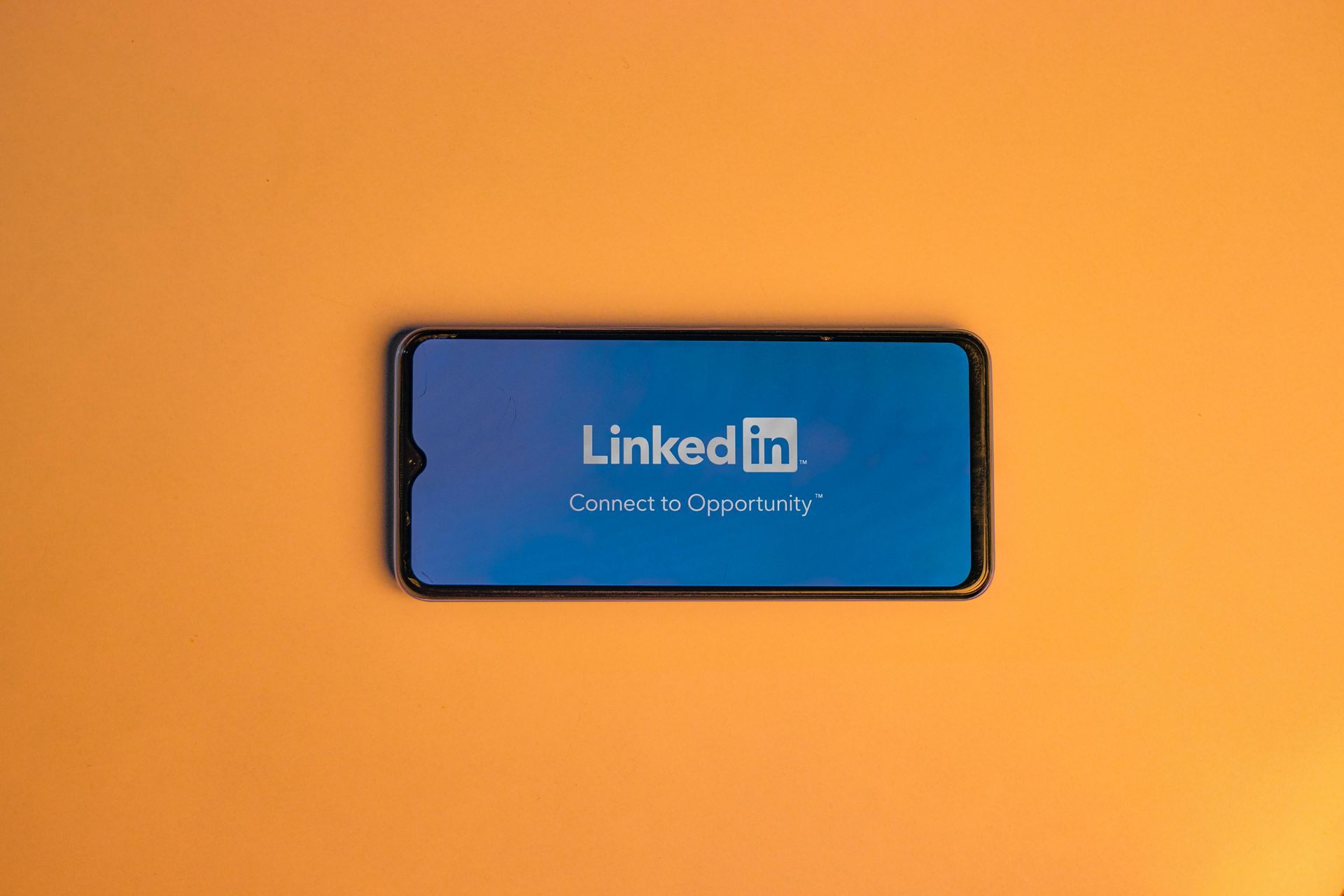
In the travel industry, business-to-business (B2B) relationships are the foundation of success. Travel companies, technology providers, and agencies must communicate effectively to build strong partnerships. Social media, often associated with consumer engagement, is a powerful tool for B2B travel brands looking to stand out, build authority, and foster industry relationships.
At The Travel Vox, we know that crafting a strategic social media campaign is essential to positioning your brand as a leader in the travel trade. A well-planned social media presence can amplify your communications plan, helping you build credibility, connect with key stakeholders, and stay relevant in the travel sector.
Why Social Media Matters for B2B Travel Brands
For B2B travel brands, the goal isn’t just to engage consumers—it’s to reach decision-makers across the industry. Whether you’re a travel technology provider, a destination marketing organisation, or a tour operator, your audience includes professionals who influence purchasing decisions. Using social media strategically allows you to:
Build Authority: Sharing expert insights, industry trends, and thought leadership content positions your brand as an industry leader. By consistently offering valuable information, you can establish your business as a trusted resource.
Foster Relationships: Social media platforms like LinkedIn and Twitter provide opportunities to engage directly with partners, suppliers, and other stakeholders. Regular interaction, sharing of ideas, and meaningful conversations help you nurture business relationships.
Expand Your Reach: Social media offers unparalleled reach, allowing you to connect with potential partners and clients globally. By targeting your content to the right audiences, you can increase your brand’s visibility within the travel trade.
Stay Competitive: In a rapidly changing industry, staying active on social media allows your brand to respond to current trends, participate in important discussions, and showcase your adaptability.
Integrating Social Media into Your B2B Communications Plan
For B2B travel brands, social media should be viewed as an integral part of the broader communications strategy. Here’s how a well-executed social media campaign can complement and elevate your overall communications plan:
1. Thought Leadership and Industry Insights
Travel industry professionals seek insights from brands that are at the forefront of innovation and thought leadership. Sharing industry news, white papers, and case studies on platforms like LinkedIn helps position your brand as a go-to resource for valuable information. For example, technology companies like travelgenix.io can use social media to highlight new product launches, showcase case studies, and provide commentary on the latest travel tech trends.
By incorporating this content into your social media plan, you not only build credibility but also encourage decision-makers to view your brand as an industry expert.
2. Engagement with Industry Stakeholders
Social media provides a unique opportunity to connect with key players in the travel industry. On platforms like Twitter and LinkedIn, you can engage directly with travel agents, tour operators, and industry leaders, fostering relationships that lead to potential partnerships and collaborations.
For instance, participating in industry conversations by commenting on trending topics or sharing your perspective can increase your visibility and credibility among peers. By integrating regular engagement into your social media strategy, you ensure your brand remains top of mind within the B2B travel community.
3. Showcase Your Expertise with Video and Visual Content
The travel industry thrives on visual storytelling, and B2B brands are no exception. Videos, infographics, and slide decks that showcase your brand’s expertise, services, or technology solutions can help communicate complex ideas in a simple and engaging way.
For example, a tour operator might use social media to demonstrate the benefits of a new partnership program or to highlight the success of a recent campaign. A B2B-focused Instagram strategy that highlights product demonstrations or partner success stories can further enhance credibility and attract new business opportunities.
4. Amplify PR and Media Coverage
Social media is a great tool for amplifying public relations efforts. When your brand secures media coverage in trade publications, shares press releases, or features in thought leadership articles, social media can extend that reach to a broader audience. Ensuring your stakeholders are aware of your successes will boost brand authority and trust.
For instance, sharing an interview with your CEO about the future of travel technology, or posting an article that mentions your brand in a respected publication, helps solidify your position as a leader in the travel trade.
Choosing the Right Platforms for B2B Social Media
Not all social media platforms are created equal when it comes to B2B marketing. To effectively reach industry decision-makers, travel brands should focus on platforms that support professional networking and industry engagement.
- LinkedIn: The premier platform for B2B social media, LinkedIn is ideal for sharing thought leadership content, industry insights, and engaging with decision-makers. It’s a great place to showcase your expertise and connect with potential partners.
- Twitter: Twitter allows for quick, real-time interactions with industry professionals. It’s a platform where brands can share updates, engage in conversations, and stay on top of the latest industry trends.
- Instagram: While Instagram is typically consumer-facing, it can still be a valuable platform for B2B travel brands. Sharing behind-the-scenes content, product demos, and success stories can humanise your brand and strengthen partnerships.
- YouTube: For travel brands that produce video content, YouTube provides an excellent platform for sharing educational videos, tutorials, and webinars, positioning your brand as a thought leader in the travel sector.
Measuring Success in B2B Social Media
To understand the impact of your social media efforts, it’s essential to track performance metrics that align with your broader communications goals. Key performance indicators (KPIs) for B2B social media can include:
- Engagement Rates: Measure how your audience interacts with your content (likes, shares, comments), as this indicates the relevance and impact of your posts.
- Follower Growth: An increasing number of followers suggests that your brand is gaining visibility and attracting new industry professionals.
- Lead Generation: Track how many potential business leads or partnerships are generated through social media interactions, direct messages, or link clicks to your website.
- Brand Mentions: Monitor how often your brand is mentioned in industry discussions, publications, or social media posts to gauge your influence within the travel trade.
Social Media as a Strategic Tool for B2B Travel Brands
In the competitive travel industry, social media is a crucial tool for B2B brands looking to build authority, foster relationships, and stay visible to decision-makers. By integrating a targeted social media campaign into your broader communications plan, you can enhance your brand’s reputation, establish thought leadership, and ultimately drive long-term success.
At The Travel Vox, we understand the importance of social media in building a brand within the travel trade. We work with clients to create effective social media strategies that align with their goals and amplify their communications efforts. If you’re ready to take your B2B social media strategy to the next level, let’s start a conversation.






